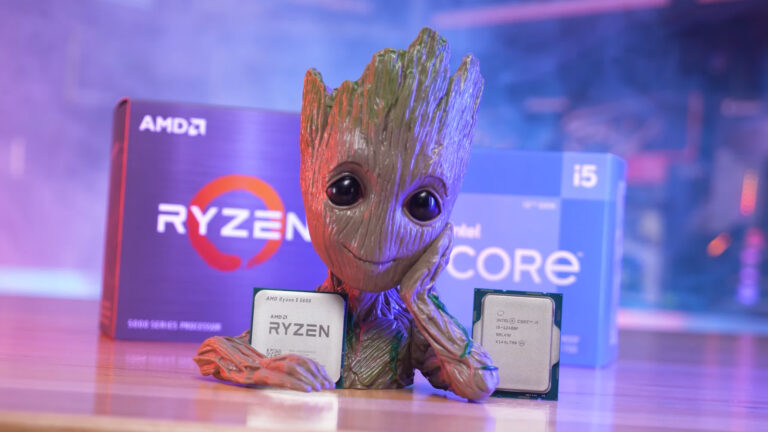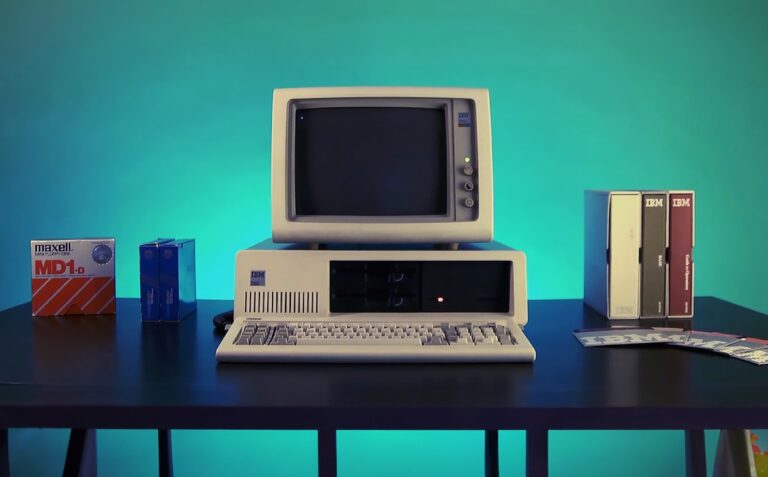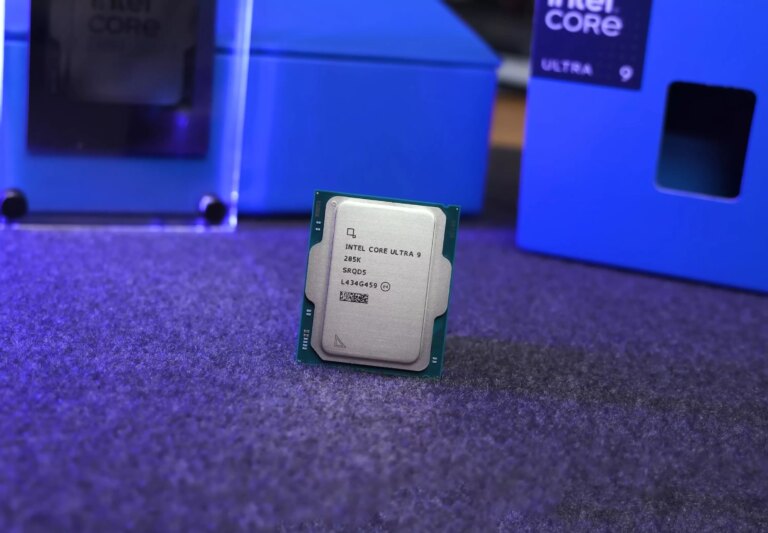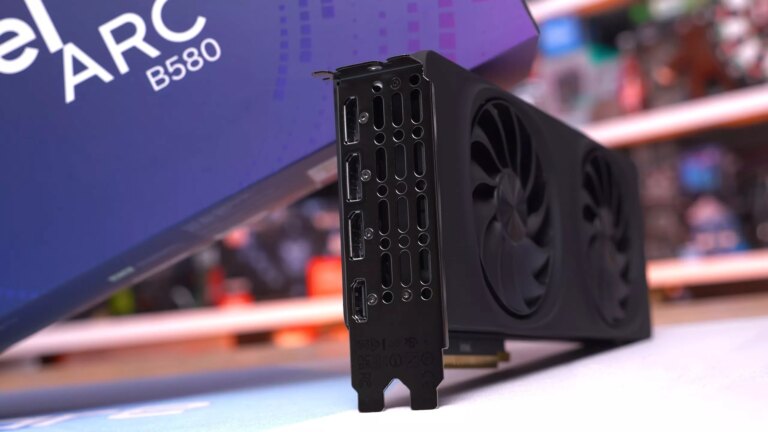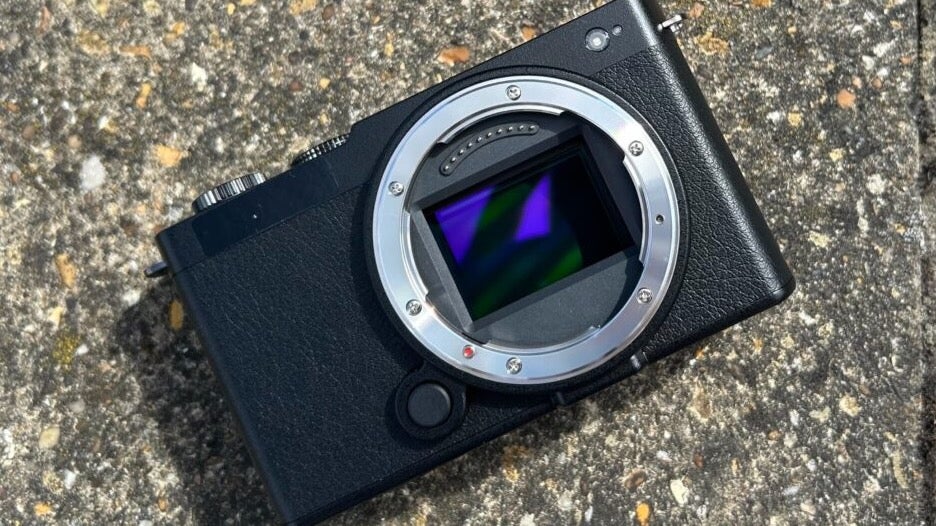
Verdict
With its compact design, 6K video support and fast access to real-time LUTs, the Lumix S9 is a great full-frame option for creators. However, the camera does make some omissions in the name of portability.
Pros
- Compact build
- 6K video recording
- Easy access to LUTs
Cons
- No real grip
- No EVF
- 10-15 minute recording limit
-
Full-frame sensor24.2-megapixel CMOS sensor -
6K/30p videoFHD/120p full-frame or 4K/60p APS-C -
Real-time LUTsView presets live in-camera -
Phrase hybrid AFWith subject detection modes
Introduction
Panasonic’s latest full-frame S Series camera, the Lumix S9, is a seriously enticing prospect.
Designed to be wielded by content creators, this slim camera captures high-resolution 6K footage and requires virtually no editing skills thanks to an emphasis on real-time LUTs.
This is sure to make the S9 a tempting prospect for any budding social media star hoping to grind out stunning content as quickly as possible.
Keep reading to learn more about how I found the Panasonic Lumix S9 during my time with the camera.
Design
- The Lumix S9 is compact and colourful
- Buttons are minimal
- There’s no viewfinder
The Panasonic Lumix S9 is impressively small and lightweight for a camera carrying a full-frame sensor. For this reason, I can see it being ideal for travel photography and filming, as well as for content creators who like to record out and about.

It’s also one of the few full-frame mirrorless cameras around that comes in a variety of eye-catching colours, giving the camera a bit more personality than some of its rivals. Models available include green, red, blue and the more standard black version which I was sent.
There’s no real grip on this camera which contributes to its sleek look. It shouldn’t be much of a problem if you stick with a small lens like the Lumix S 26mm. However, even the 50mm prime lens I received increased the weight of the camera quite a bit. I never dropped the camera, thankfully, but I did feel wary trekking up the winding staircase of the Arc de Triomphe without that additional support.


There are very few buttons and dials and no joysticks, giving the camera a clean look compared to many full-frame options.
It also makes the camera appear less intimidating as there’s less for new users to learn. Of course, the downside to this is that there’s less direct access to controls and customisable buttons. The red shutter button is a nice touch for when you want to jump straight into video, but I found the wheel surrounding the menu button quite fiddly, especially as someone with longer nails.


Another omission here is a viewfinder. The Lumix S9 relies solely on its display rather than including an EVF. The free-angle monitor can be rotated to face the lens, making it excellent for vlogging. However, the lack of a viewfinder occasionally made it a little tricky to see what I was doing when shooting in bright sunlight.
The Lumix S9 has an interchangeable lens mount designed to fit Panasonic’s L-Mount lenses. The camera includes one USB-C port for charging, HDMI, a microphone input and a single SD card slot.


Features
- The Lumix S9 is equipped with a huge number of LUT presets
- Autofocus is fast and accurate, though subject detection could be hit-and-miss
- There is a 10/15 minute recording limit in place
One of the Panasonic Lumix S9’s key features is its LUT presets. These are filters designed by both Panasonic and creators that are available to download via the Lumix Lab app. You can then apply them to images and videos in the app or load them onto your camera to use them when shooting in real time.


The idea here is to essentially eliminate the need to do any post-production and edit videos before uploading them to social media. I do love how easy it is to access LUTs on the camera as they have their own dedicated button. There’s also a wide variety available in the app, making it possible to find one you do enjoy rather than cycling through a small number of default options. That said, you can achieve a similar effect just as quickly with the Fujifilm X-S20 and its 19 Film Simulation modes.
Pairing the S9 in the Lumix Lab is particularly quick and easy, though there aren’t too many features present in the app aside from the library of LUT presets.


Continuous shooting is fast and quiet, with the camera able to shoot bursts of up to 30fps. I also found the autofocus fast and accurate, detecting people and cars and sticking with them as they moved through the frame. The motorcycle mode could be hit-and-miss at times and I found the human eye setting to be a bit fickle with the camera preferring to settle on the face as a whole. There’s also no dedicated tracking mode for birds, trains or aeroplanes as there is on some rival cameras.
Finally, there’s the battery life to consider. Panasonic says the S9 has a battery life of 470 shots, with up to 120 minutes of continuous recordable time or 60 minutes of actual recordable time.


I recorded video at 4K/30p and found I was able to glean just short of 60 minutes of footage from the camera (59 minutes 54 seconds). However, this was cut into segments due to Panasonic’s 15-minute recording limit for 4K video capture. This number drops to 10 minutes when recording 6K. The camera barely felt warm when it reached the first 15-minute recording stop, though I did receive a heat warning 46 minutes in.
One thing I did notice was that, when my memory card was running short on space, the camera would automatically adjust the recording limit at the bottom of the screen. This meant that I didn’t need to guess when the video would cut off as I could see a timer right there on the screen.
Image and Video Quality
- The Lumix S9 is equipped with a 24MP full-frame sensor
- It can capture 6K/30fps or FHD/120fps
- Both stills and video are sharp and detailed
The Lumix S9 has a 24.2-megapixel full-frame CMOS sensor, enabling the camera to capture 24.2-megapixel stills and video resolutions up to 6K at 30fps.
If you want a faster frame rate, you can reduce the resolution to FHD and shoot at 120fps full-frame or set the camera to 4K/60p with a 1.5x crop, effectively lowering the sensor size to that of an APS-C camera.
I found stills to be bright and sharp with plenty of intricate detail, as you can see from the carvings in Paris’ Arc de Triomphe. There’s also a decent amount of detail in the clouds in the shots that include the sky. Furthermore, the camera performs very well in low-light conditions – the results are perhaps a bit overexposed where the lamps are but noise in the darker sections of the images is minimal.
I enjoyed using Panasonic’s LUTs to adjust the white balance and overall tonality of the photos – both in real-time and after the fact in the app.
I wouldn’t shy away from using this camera to shoot stills, but it also wouldn’t be my first choice for shooting only stills. This is a content creation camera after all, meaning it puts a heavy emphasis on video.
I shot a handheld video of the view from the top of the Arc de Triomphe and found the results to be incredible. Panasonic has spared no detail from the roofs of neighbouring buildings and the pedestrians on the ground to the defined edges of the buildings on the horizon. Colours are also quite saturated out of camera, with the trees a rich forest green and the blue of the sky peaking out from below the grey clouds. Of course, if you want to pump up the colours or apply a film-like filter, you can do so with one tap in the Lumix Lab app.
Latest deals
Should you buy it?
You want to create content quickly
The Panasonic Lumix S9 delivers high image quality and the ability to colour grade as you shoot. If you enjoy filming content but don’t particularly like editing it, this could be a great option for you.
You want to record long videos
The Lumix S9 has a video limit of 10 minutes of 6K video or 15 minutes of 4K video. If you’re looking to record for longer periods of time, look toward the Panasonic Lumix GH7 which has no set recording limit, a chunky grip and a viewfinder.
Final Thoughts
The Panasonic Lumix S9 is a brilliant full-frame camera designed to simplify content creation for the masses.
The camera’s svelte, lightweight design makes it great for travelling, while the image quality and detail afforded by the 6K resolution is easily a notch above even the best camera phones. If you’re someone looking to pump out high-quality video without spending additional time colour grading, I can certainly see the Lumix S9 speeding up your content creation process.
If you’re still on the fence, we’d recommend checking out our guide to the best vlogging cameras. Sony, in particular, offers several cameras ideal for bloggers. including the ZV-1 and the ZV-E10 for half the price, albeit with lower specs.
How we test
We test every camera we review thoroughly. We use set tests to compare features properly and we use it as our main device over the review period. We’ll always tell you what we find and we never, ever, accept money to review a product.
Every camera we review is used for at least a week
All of the key features are tried and tested in real-world settings
FAQs
Yes, the Lumix S9 features a 24.2-megapixel full-frame CMOS sensor.
The Lumix S9 can carry one SD card and is compatible with UHS-II cards.
UK RRP
USA RRP
Manufacturer
Video Recording
IP rating
Battery
Size (Dimensions)
Weight
ASIN
Release Date
Sensor Type
Zoom
Autofocus
Burst shooting (electronic shutter)
Screen
Image stabilisation
Wi-Fi
Bluetooth
Number of Memory card slots
USB charging
Microphone port
Lens mount
›
Jargon buster
USB-C
The modern USB connector you’ll find on most Android phones, new laptops, cameras and games consoles. It’s reversible and used for charging along with data-transfer.
Bluetooth
Bluetooth is a method of wireless transmission that allows for the exchange of data between devices over short distances.
